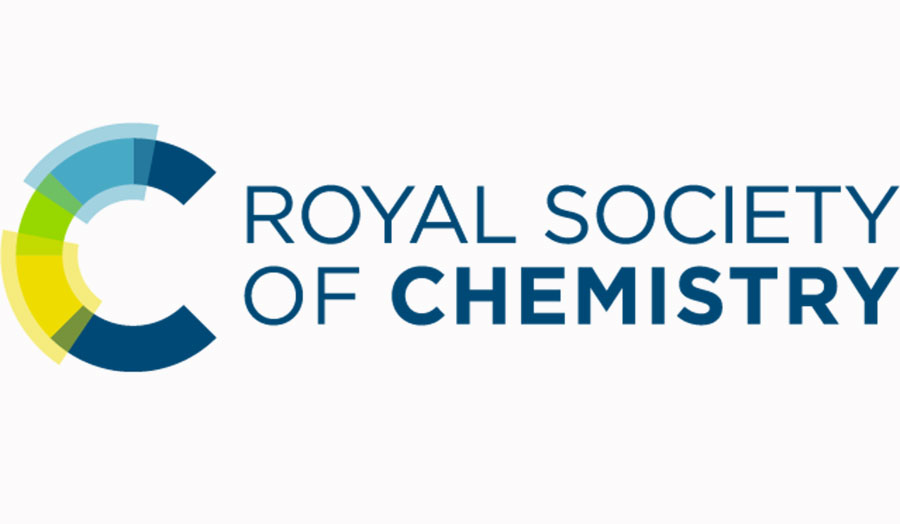Dr Bhaven Patel and Dr Daniel Sykes will lead a project funded by the Royal Society of Chemistry Inclusion and Diversity Fund.
Date: 26 July 2024
Dr Bhaven Patel and Dr Daniel Sykes from Centre for Health and Life Sciences Research will lead a project at London Metropolitan University from July 2024 to July 2026, funded by the Royal Society of Chemistry (RSC) Inclusion and Diversity Fund. This initiative aims to develop digital assessment methods for laboratory-based tasks, addressing the unique challenges faced by mature students in the Chemical and Pharmaceutical Sciences department at the School of Human Sciences.
The RSC Inclusion and Diversity Fund supports projects that directly investigate or address inclusion and diversity issues in the chemical sciences. Eligibility criteria require that projects must cater to diverse audiences, including different age groups, career stages, geographical regions, and sectors. The fund's purpose is to foster an inclusive environment in chemical sciences, aligning with the Education for Social Justice Framework at London Metropolitan University.
The grant will be utilised to create and implement innovative digital worksheets that provide instant feedback during practical sessions, reducing the time constraints faced by mature students and enhancing their learning experience. The Chemical and Pharmaceutical Sciences department has seen a significant rise in mature student enrolment, but retention rates for these students remain lower compared to their younger counterparts. The project aims to address these issues by developing digital assessment tools for laboratory modules, allowing for instant feedback and reducing the time pressure on students. This approach not only maintains academic standards but also fosters a more inclusive learning environment.
The project will be co-created with student success coaches, many of whom are mature students themselves, ensuring the digital worksheets are effectively tailored to student needs. Implementation will occur in phases, including design, pilot testing, performance assessment, and full-scale adoption, with continuous feedback from students driving further refinement.
By the end of the project, comprehensive analysis and dissemination of results will promote broader adoption of these innovative methods across educational institutions, ultimately contributing to social mobility and increased retention rates among mature students in chemical sciences.
Dr Bhaven Patel said: "We are honoured to receive this award from the RSC Inclusion and Diversity Fund. This support validates our commitment to fostering an inclusive learning environment and empowers us to develop innovative digital assessment methods. This project is a significant step towards enhancing student retention and success, contributing to social mobility in the chemical sciences."

